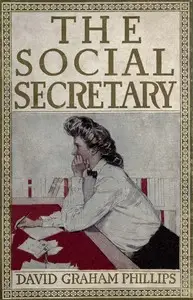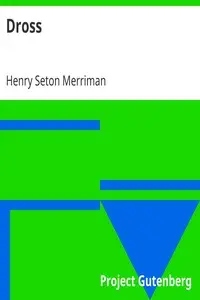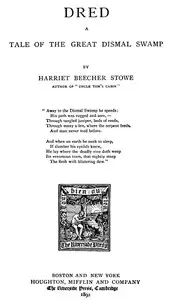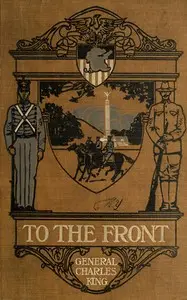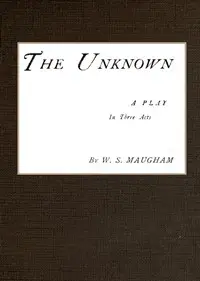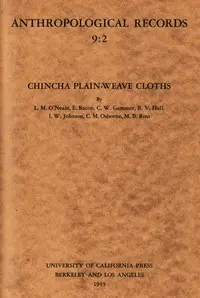"Philip Dru: Administrator; A Story of Tomorrow, 1920-1935" by Edward Mandell House is a story set in a time of social imbalance, where a military graduate named Philip Dru grapples with his role in a society divided by wealth as he finishes at West Point in 1920. Dru's unease grows as he questions whether his service will perpetuate inequality, rather than help remedy it. This feeling hardens when he connects with Gloria Strawn where they discuss the harsh realities of wealth disparity, confirming Dru's desire to fight for justice drives him. The story likely explores Dru's journey as he challenges the status quo and spearheads societal reform.
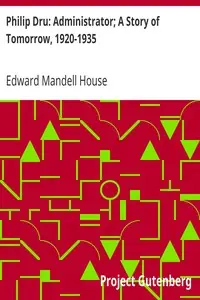
Philip Dru: Administrator; A Story of Tomorrow, 1920-1935
By Edward Mandell House
Torn between duty and the desire for justice, a young military graduate rises as an unexpected leader to fight for the underprivileged in a society teetering on the edge of chaos.
Summary
About the AuthorEdward Mandell House was an American diplomat, and an adviser to President Woodrow Wilson. He was known as Colonel House, although his title was honorary and he had performed no military service. He was a highly influential backroom politician in Texas before becoming a key supporter of the presidential bid of Wilson in 1912 by managing his campaign, beginning in July 1911. Having a self-effacing manner, he did not hold office but was an "executive agent", Wilson's chief adviser on European politics and diplomacy during World War I (1914–1918). He became a government official as one of the five American commissioners to the Paris Peace Conference of 1919. In 1919, Wilson broke with House and many other top advisers, believing they had deceived him at Paris.
Edward Mandell House was an American diplomat, and an adviser to President Woodrow Wilson. He was known as Colonel House, although his title was honorary and he had performed no military service. He was a highly influential backroom politician in Texas before becoming a key supporter of the presidential bid of Wilson in 1912 by managing his campaign, beginning in July 1911. Having a self-effacing manner, he did not hold office but was an "executive agent", Wilson's chief adviser on European politics and diplomacy during World War I (1914–1918). He became a government official as one of the five American commissioners to the Paris Peace Conference of 1919. In 1919, Wilson broke with House and many other top advisers, believing they had deceived him at Paris.

